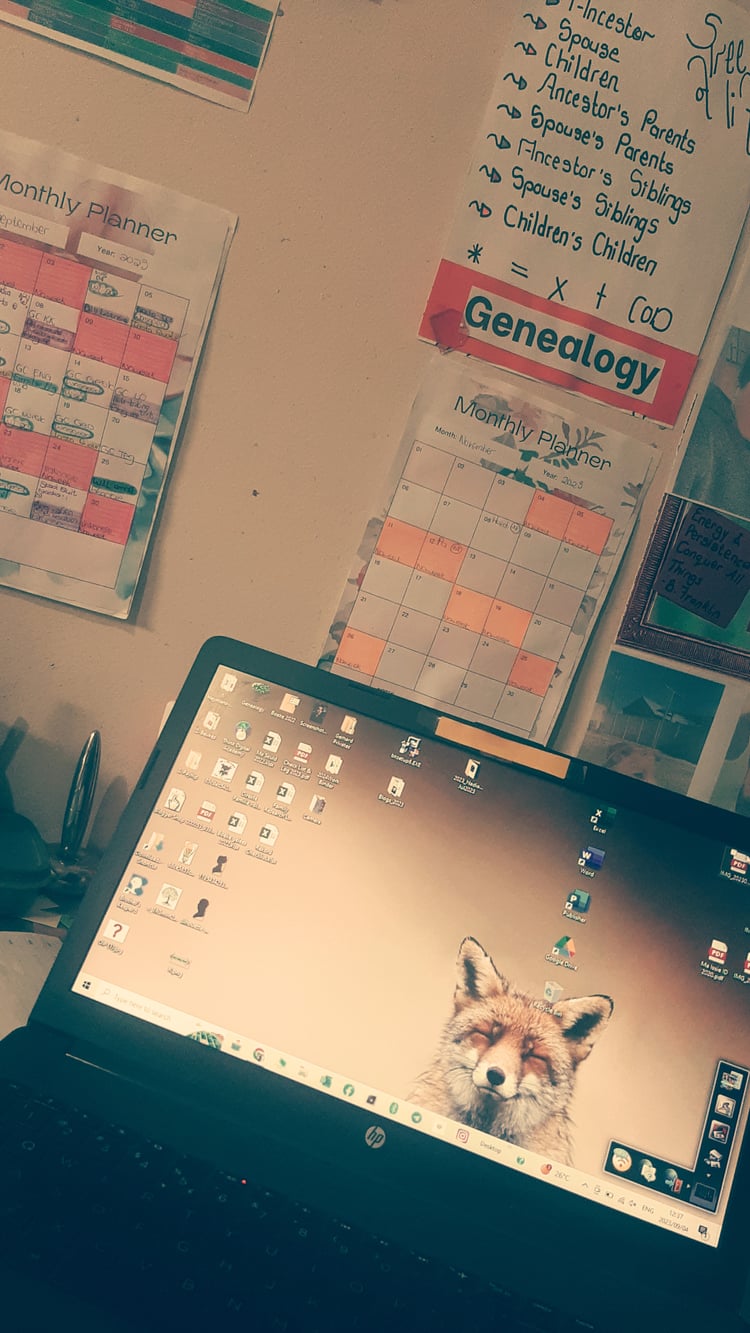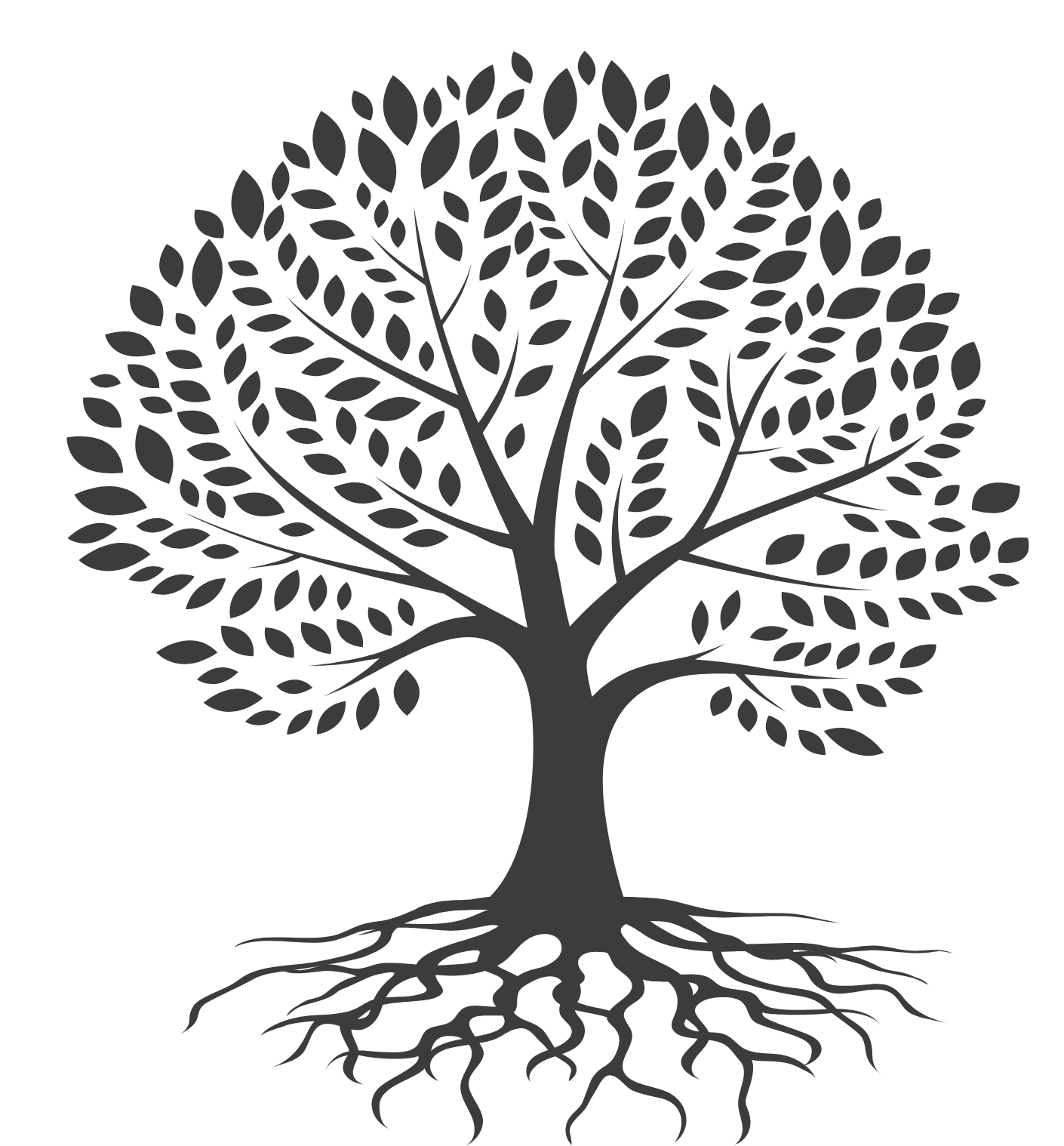Greetings, fellow family history buffs and aspiring genealogists!
Today, we're stepping into the enthralling world of genealogy, armed with the most powerful tools of our time: digital note-taking apps. As a genealogy enthusiast myself, I've embarked on many quests to uncover my family's past, and let me tell you, these tools are game-changers.
Evernote: Your Time-Tested Sidekick
Evernote, the old-timer in the digital note-taking world, is like that trusted family member who's seen it all. It's an excellent choice for genealogists. You can create notebooks for each branch of your family tree, making it easy to organize your research. And don't get me started on tags—you can label and categorize notes to your heart's content. It's like having a filing cabinet right in your pocket!
OneNote: Microsoft's Hidden Gem
If you're more of a Windows enthusiast, OneNote is your digital haven. It's user-friendly, and its notebook-style organization mimics your old, cherished family tree binders. You can add images, handwritten notes, and even audio recordings—perfect for preserving those oral family history gems.

Trello: Kanban for Genealogists
Now, here's a unique pick. Trello, known for its project management prowess, can be your secret weapon. Create boards for each family line and use lists to document various stages of your research. It's like tracking the progress of your family mysteries on a digital corkboard.
Notion: The Swiss Army Knife of Note-Taking
Notion, the Swiss Army knife of productivity apps, can serve as your all-in-one genealogy hub. You can create databases for family records, link them together, and even design your own family tree templates. Plus, it has a nifty web clipper for snagging online research findings effortlessly.
Ancestry.com and MyHeritage: The Genealogy Giants
Now, we can't forget the big players: Ancestry.com and MyHeritage. While primarily genealogy platforms, both offer built-in note-taking features. You can attach notes to individuals, sources, or entire branches of your family tree. It's like having a genealogy-specific notebook right in the heart of your research platform.
WikiTree: Your Collaborative Genealogy Companion
Wikitree is not just a note-taking tool; it's a collaborative genealogy platform that thrives on community contributions. Think of it as a virtual family tree where genealogists from around the world come together to document their family histories.
Legacy Family Tree: Your Research Companion
Legacy Family Tree, designed explicitly for genealogists, offers comprehensive note-taking features. You can link notes to specific individuals, events, or sources in your family tree. It's like a detective's notebook for your ancestors' stories.

Physical Notebooks: Timeless Elegance
Ah, the age-old practice of jotting down notes in physical notebooks. There's a timeless elegance to it, a connection to generations past who used pen and paper to record their thoughts and findings. In a notebook, you have the freedom to express yourself creatively. You can sketch family trees, add personal anecdotes, and even paste photographs or clippings from your research adventures. It's a canvas for your genealogical journey.

Sticky Notes: Versatile Reminders
Sticky notes have a unique role in genealogy research. They're versatile, portable, and perfect for capturing quick thoughts or marking important discoveries. Sticky notes excel at temporary organization. You can use them to group related documents, mark pages in a book, or create a visual timeline on your research board. They're like mini signposts guiding you through your genealogical labyrinth.
Whiteboard: Your Dynamic Research Space
Whiteboards are perfect for visualizing complex family relationships. You can draw family trees, timelines, or research flowcharts. It's like having an interactive map of your genealogical discoveries. Use the whiteboard to plan your research strategies. You can list research objectives, note missing pieces of information, and track your progress. It's like having a command center for your research.
In my humble opinion, these genealogical note-taking tools are the compasses that help us navigate the vast ocean of family history. They make the difference between a jumbled pile of papers and a meticulously curated digital archive of your heritage.
But here's the real magic: these tools go beyond just preserving facts and dates. They allow us to capture the essence of our ancestors' lives. You can record personal stories, snippets of historical context, and even attach images or documents that bring your family's history to life.
In my journey to uncover the intricate threads of my family's history, I've come to rely on a dynamic combination of both online and offline tools. Online, platforms like Wikitree and FamilySearch provide me with access to vast databases and collaborative opportunities, facilitating the exploration of my family's past. Offline, the timeless charm of physical notebooks, the adaptability of a whiteboard, and the convenience of sticky notes have become integral to my research process. These tangible tools allow me to capture the essence of my genealogical discoveries and create a holistic approach to preserving my family's heritage. It's through this harmonious blend of digital and analog resources that I navigate the winding paths of my ancestors' stories, ensuring that their legacies endure for generations to come.
So, my fellow genealogy adventurers, with these note-taking tools in your arsenal, you're well-equipped to dive into the past and bring your ancestors' stories back to life. Happy researching!



Comments ()